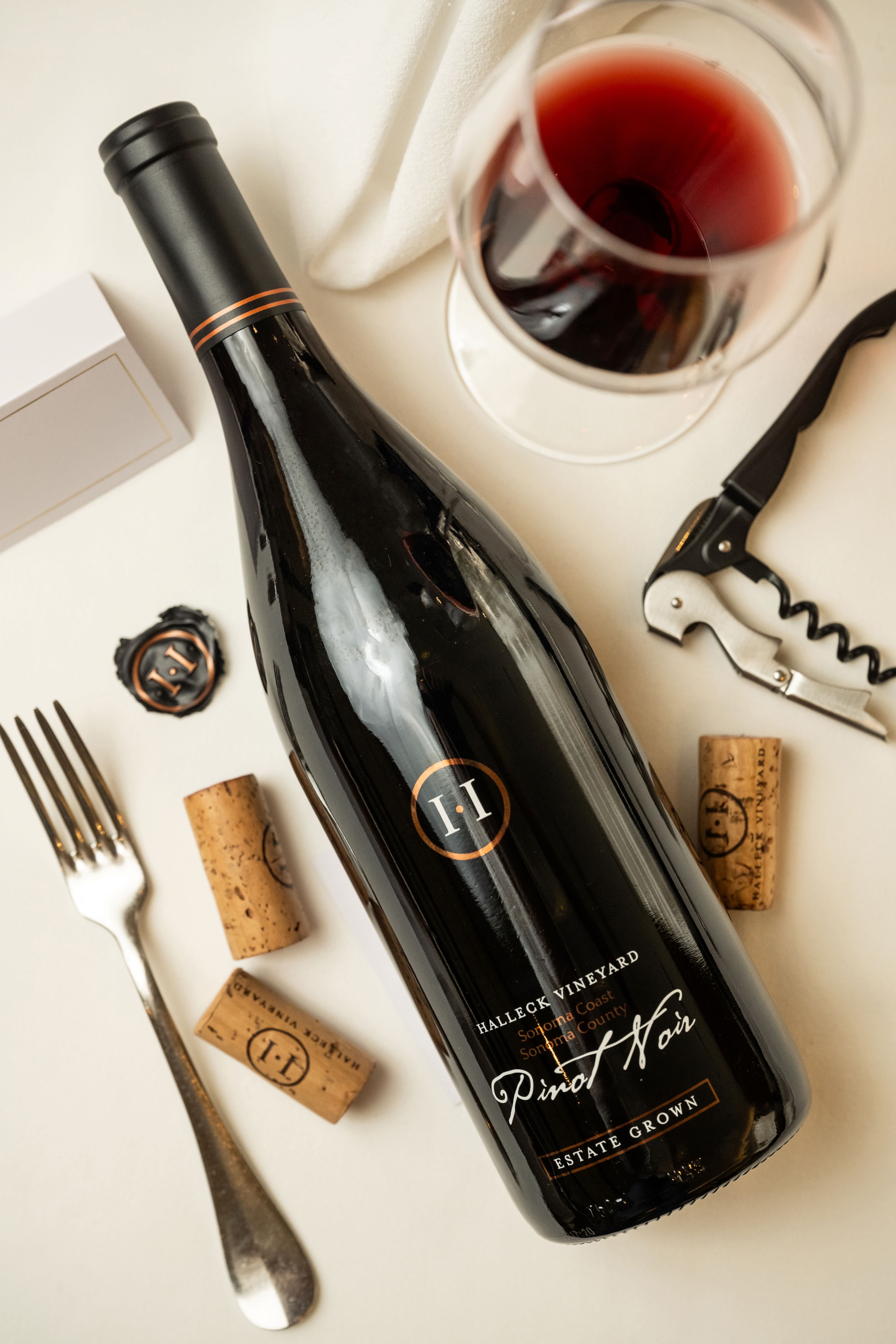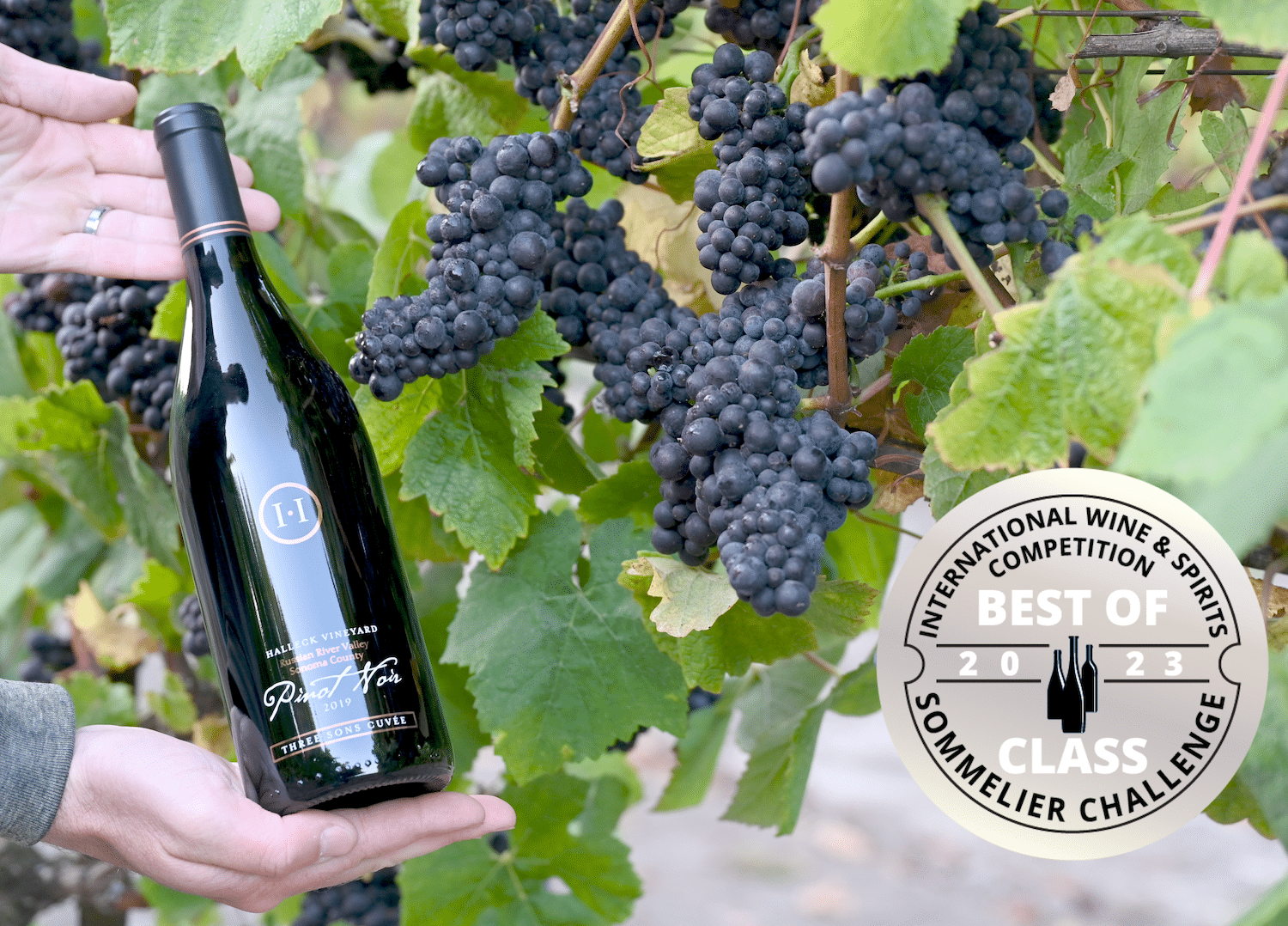Vineyard Tours With Guided Tastings In Sonoma - Sebastopol Vineyard Experiences
Vineyard Tours With Guided Tastings In Sonoma - Sebastopol Vineyard Experiences
Blog Article
Intimate Wine Tasting Experiences In Sonoma - Sonoma Wineries With Vineyard Views
Visiting a winery for a wine tasting could be an enchanting experience, especially when you know the way to maximise the opportunity with tasting notes. These notes serve as a guide to understanding the complexities of the wines you pattern and assist in forming a deeper reference to every pour. Utilizing tasting notes can transform your experience, permitting you to savor not simply the style but also the story behind every bottle.
Each wine has a unique profile influenced by grape variety, terroir, and winemaking techniques. Understanding these parts can enhance your appreciation of the wine. When you're given a tasting menu or a flight of wines to pattern, take the time to learn by way of any descriptions provided (Wineries That Offer Dog Friendly Areas). This preliminary overview can set the tone and expectations in your tasting experience.
Start your wine tasting by observing the wine in your glass. The color can reveal a lot concerning the wine’s age and varietal. Take notes on the hue, readability, and viscosity. A well-structured tasting note typically consists of this visual assessment as it forms the foundation of your evaluation. While it might appear trivial, the visible facet is crucial in wine tasting.
Sonoma's Top Sparkling Wine Producers - Sebastopol Area Wineries Offering Wine
After your visual evaluation, it is time to take a mild whiff. Swirl the wine in your glass to aerate it, releasing its aroma. This is where tasting notes become particularly useful. Make notes concerning the different scents you detect—fruits, spices, or floral hints. Figuring Out these aromas will assist you to put words to the intrinsic complexities of the wine you're sampling.

The next crucial step is the tasting itself. Take a small sip and let the wine roll over your palate. Note the flavors you experience. Are they sweet or tart? Where does your palate detect every flavor? Some wines could current instant sweetness adopted by a tannic end. Use your tasting notes to document these layers, making a roadmap of your sensory experience.
Contemplate additionally the mouthfeel of the wine as you style. Is it smooth, crisp, creamy, or maybe tannic? This textural quality considerably influences the overall enjoyment and impression of the wine. Observing the mouthfeel can reveal the quality and craftsmanship behind the winemaking process.
It's beneficial to compare completely different wines as you taste them. If you're sampling a flight with contrasting varietals, make an observation of the variations you understand. How does the acidity differ from one wine to another? Which wine feels fuller, and which is extra refreshing? This comparative exercise deepens your understanding and helps sharpen your analytical skills.
Wineries With Unique Tasting Experiences - Wine Tasting At Sonoma Vineyards

Engage with the winery workers while tasting. Knowledgeable hosts usually share insights about the winery's history, the specific vintage, or the winemaking philosophy, enriching your appreciation of the wine. Don't hesitate to ask questions that pique your curiosity based mostly in your tasting notes. Many hosts enjoy discussing their wines and might offer a wealth of data that isn’t available from printed supplies. Wineries With Sustainable Practices.
Hold in mind the seasonality of wines as you style. Totally Different wines evoke diversified moods and pair properly with distinct culinary experiences. Take notes on the way you would possibly enjoy a specific wine with food. This not solely provides context to your tasting notes but in addition aids future alternatives and purchases.

Another useful tip whereas using tasting notes at a winery is to record your impressions immediately. As wines can mix and create a uniform flavor reminiscence, jotting down your ideas promptly ensures a extra vineyards correct reflection of your experience. Use adjectives that resonate with you, crafting a private vocabulary to describe each wine based on your preferences.
After finishing the tasting, review the notes you’ve taken. Mirror on which wines stood out to you and why. This reflection reinforces your tasting experience and highlights what you would possibly seek in future purchases. If you've famous specific aromas or flavors that captivated you, this data empowers you to decide out wines that align with your palate.
Wineries Known For Their Hospitality - Sonoma's Best Vineyards
Wine tasting can even function a chance for socializing. Sharing your tasting notes with companions can ignite partaking discussions on flavors, preferences, and impressions. This communal facet of wine tasting typically enhances the experience, cementing lasting recollections you could recall with a cup of wine in hand.
In conclusion, using tasting notes at a winery wine tasting can considerably improve your experience. By observing the visual elements, aromas, flavors, mouthfeel, and even the tales behind the wines, you create a wealthy tapestry of notes that can guide your future wine experiences. Partaking with the staff, comparing wines, and reflecting on your impressions will deepen your appreciation for the art of winemaking. Every tasting is a chance to find and connect with wines in thrilling new methods. With practice, your tasting notes will evolve, becoming a cherished part of your wine journey.
Wineries That Offer Dog Friendly Areas - Sonoma Wine Region Vineyards
- Start by familiarizing your self with the winery's tasting notes; they usually describe the wine’s aroma, flavor profile, and finish, providing a useful framework.
- Use your senses of sight and smell before tasting; swirl the wine in your glass, observe its color, and inhale its bouquet to seize the wine's preliminary traits.
- When tasting, take a small sip and let the wine coat your palate; focus on the primary flavors and any secondary notes which will emerge, such as fruit, spice, or earthiness.
- Pay attention to the feel and mouthfeel of the wine; is it clean, tannic, creamy, or crisp? This facet can significantly enhance your understanding of the wine.
- Examine the tasting notes together with your sensory experience, noting any similarities or discrepancies, which may deepen your appreciation of each wine’s complexity.
- Consider the wine’s aging potential by analyzing its construction and balance; some wines may be gratifying now, while others might evolve beautifully over time.
- Take notes through the tasting; recording your impressions can help you bear in mind each wine higher and refine your palate for future tastings.
- Have Interaction with the tasting staff; ask questions concerning the wine production process, grape varieties, and the precise notes you are detecting to boost your data and experience.
- Explore pairing recommendations alongside your tasting; understanding which foods complement the wine can enrich both the tasting experience and your appreciation for the wine's nuances.
- Respect varying preferences amongst your group; wine tasting is subjective, and inspiring open dialogue about particular person tastes can result in a more gratifying and informative experience.undefinedWhat are tasting notes, and why are they necessary at a wine tasting?undefinedTasting notes are descriptions of the flavors, aromas, and total impressions of a wine. They are important as a end result of they guide your palate and enhance your understanding of the wine's characteristics, helping you appreciate totally different varieties and styles.
How ought to I take notes throughout a wine tasting?undefinedYou should concentrate on key components similar to aroma, flavor, body, acidity, and end. Use a structured format or template to categorize your thoughts and write down your impressions instantly after tasting. This helps you keep in mind your thoughts later.
Am I Able To use my own words to explain a wine, or ought to I stick website here to standard tasting terms?undefinedYou can completely use your own words to explain a wine. Whereas normal tasting phrases might help convey specific qualities, personal descriptors add authenticity to your notes and may make your wine experience extra enjoyable and relatable.
Ought To I concentrate on specific flavors within the wine or the general experience?undefinedEach aspects are essential. Whereas specific flavors allow you to identify the distinctive characteristics of a wine, the general experience encompasses how all components combine—creating a more holistic understanding of the wine.
Family-Friendly Wineries Near Sebastopol - Wineries With Stunning Views In Sonoma
What if I cannot determine certain aromas or flavors during a tasting?undefinedIt’s frequent to have issue figuring out particular tastes or scents. Don’t hesitate to ask for assist or steerage from the employees at the winery. They can provide insights and assist refine your palate over time via practice.
How can I use tasting notes to choose wines in the future?undefinedBy reviewing your tasting notes, you can establish your preferences and tendencies in your wine decisions. This allows you to choose wines that align together with your palate in future tastings and purchases, making your experience more gratifying.
Is it acceptable to check wines during a tasting?undefinedSure, comparing wines could be beneficial. It helps highlight the variations in flavor profiles and attributes, allowing you to develop a deeper appreciation and understanding of each wine's unique qualities.
What should I do if I disagree with the tasting notes provided by the winery staff?undefinedDisagreement is a natural a part of wine tasting! Use it as a chance to discuss your impressions with the employees; they'll provide additional context or information about the wine, which may enrich your experience.
Wineries With Unique Varietals - Wine Tasting Experiences In Sonoma Valley
How should I organize my tasting notes after the event?undefinedAfter the tasting, manage your notes by wine kind, producer, or personal desire. Think About creating a digital or bodily journal which may be referenced for future tastings and wine selections, making it easier to recall your experiences. Report this page